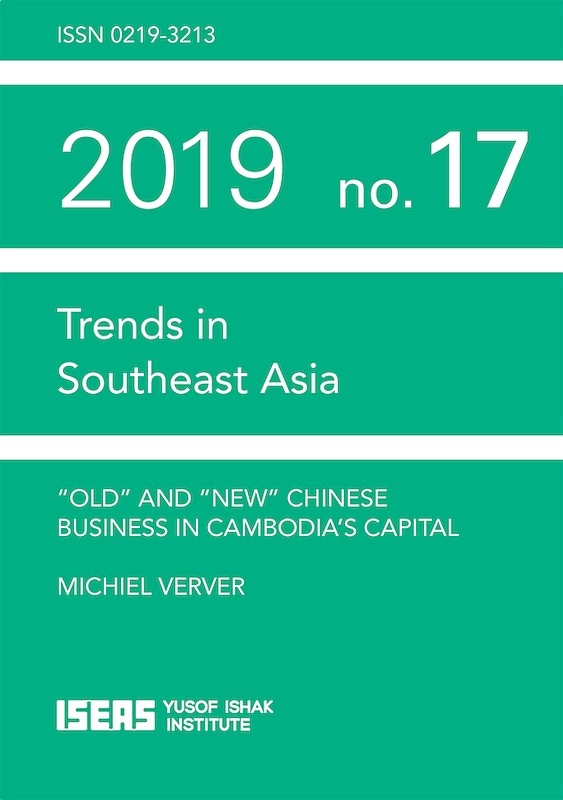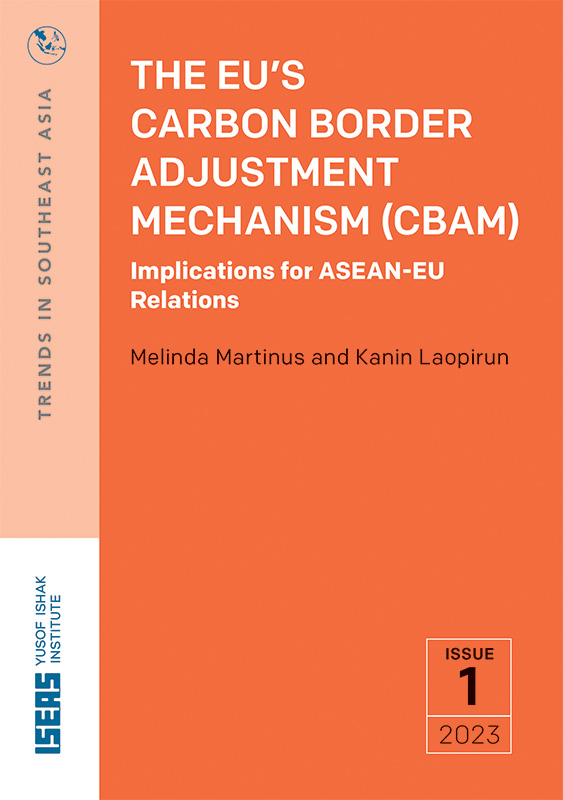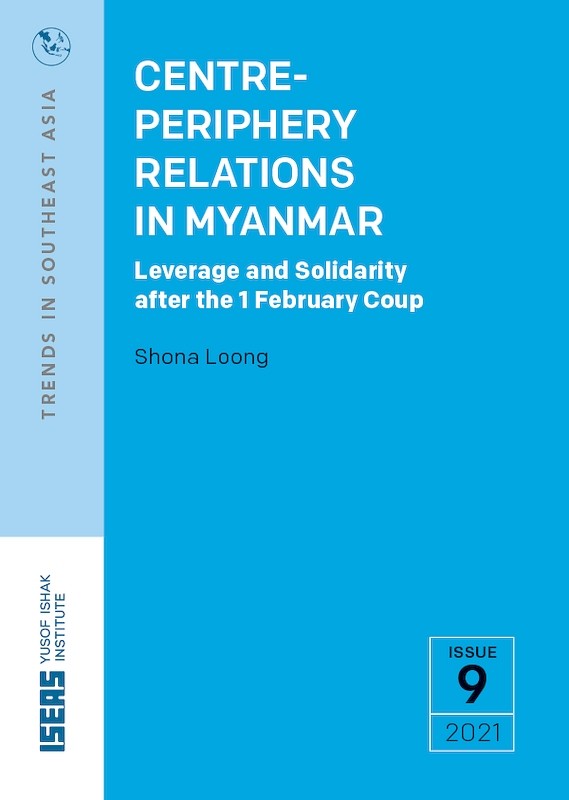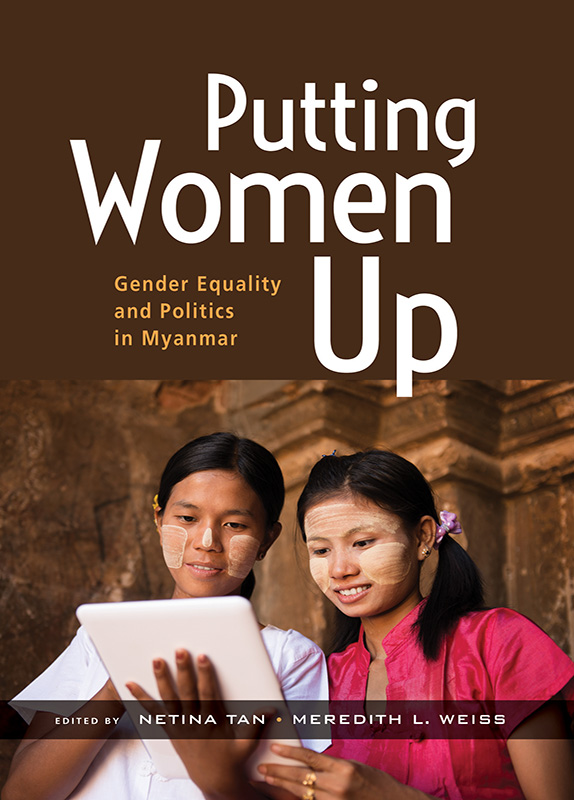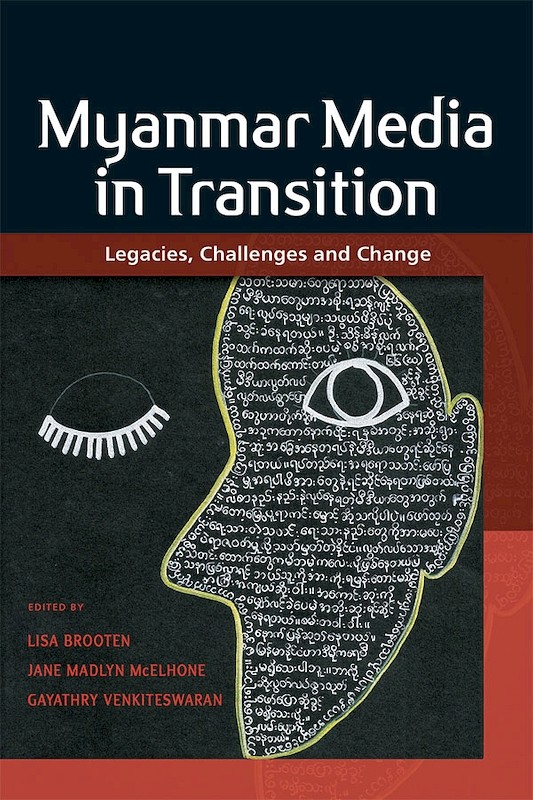Whither Myanmar’s Garment Sector?
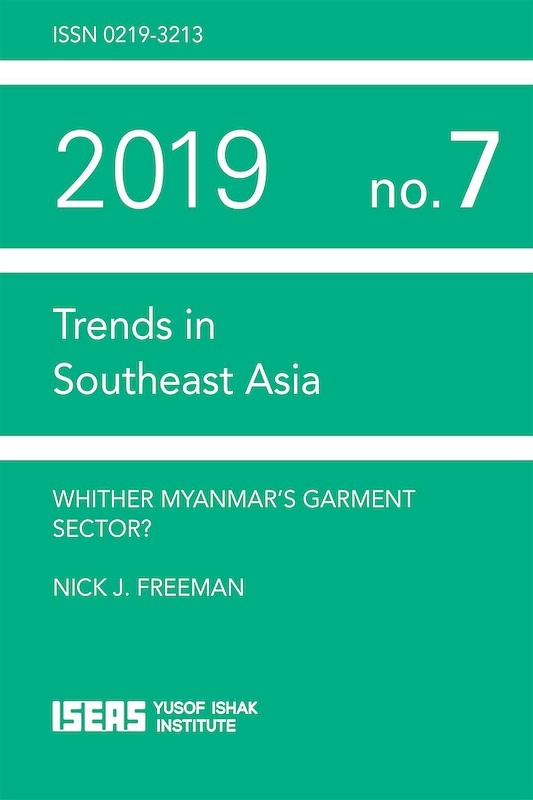
Nick J Freeman, author
Date of publication:
2019
Publisher:
ISEAS – Yusof Ishak Institute
Number of pages:
18
Code:
TRS7/19
Reviews
Surabhi Rani, Journal of Population and Social Studies, Volume 27, Number 3, July 2019.
"Nick Freeman's latest offering titled - Whither Myanmar's Garment Sector? provides interesting insights into the dynamics of Myanmar's garment sector by focusing on its growth and challenges to ensure its survival. This is examined in the context of a possible suspension of European Union's Generalized Scheme of Preferences (GSP) status for Myanmar in the wake of growing concern by the latter over the former's human rights violation in Rakhine, Kachin and Shan States. This has implications in terms of labour rights affecting the country's garment industry.
Freeman drew his insights based on various national and International reports and secondary sources complete with latest facts and figures. This book is an appreciable reference in the contours of recurring debate on the nexus between human, labor and trade rights in the context of Myanmar."
About the publication
The EU has threatened to suspend Generalized Scheme of Preferences (GSP) status for Myanmar, under which the country’s exports can enter Europe without any tariffs or quotas. The official reason cited by the EU is a growing concern over human rights violations and issues around labour rights in Myanmar.
If this threat were to be carried out, the business sector that will be most affected is Myanmar’s burgeoning garment sector, which employs around 700,000 people, most of whom are women.
The principal worry in Myanmar is that if EU buyers and brands have to start paying tariffs to import Myanmar-made garments, then they will opt to shift their sourcing to other countries. Without GSP, Myanmar’s garment exports may no longer be price competitive.
As one of the few manufacturing sectors in Myanmar to employ semi-skilled women, many of whom migrated from poor rural areas, the garment sector has come to play an important socioeconomic role in the country.
Whether or not the EU decides to withdraw GSP status, Myanmar’s garment sector faces a number of challenges. How Myanmar’s policymakers and garment industry leaders respond to global industry trends will be just as important, in the long run, in determining the sector’s commercial sustainability.
Contents
-
Whither Myanmar’s Garment Sector?
[Whole Publication, ISBN: 9789814843638], by Nick J Freeman, author

